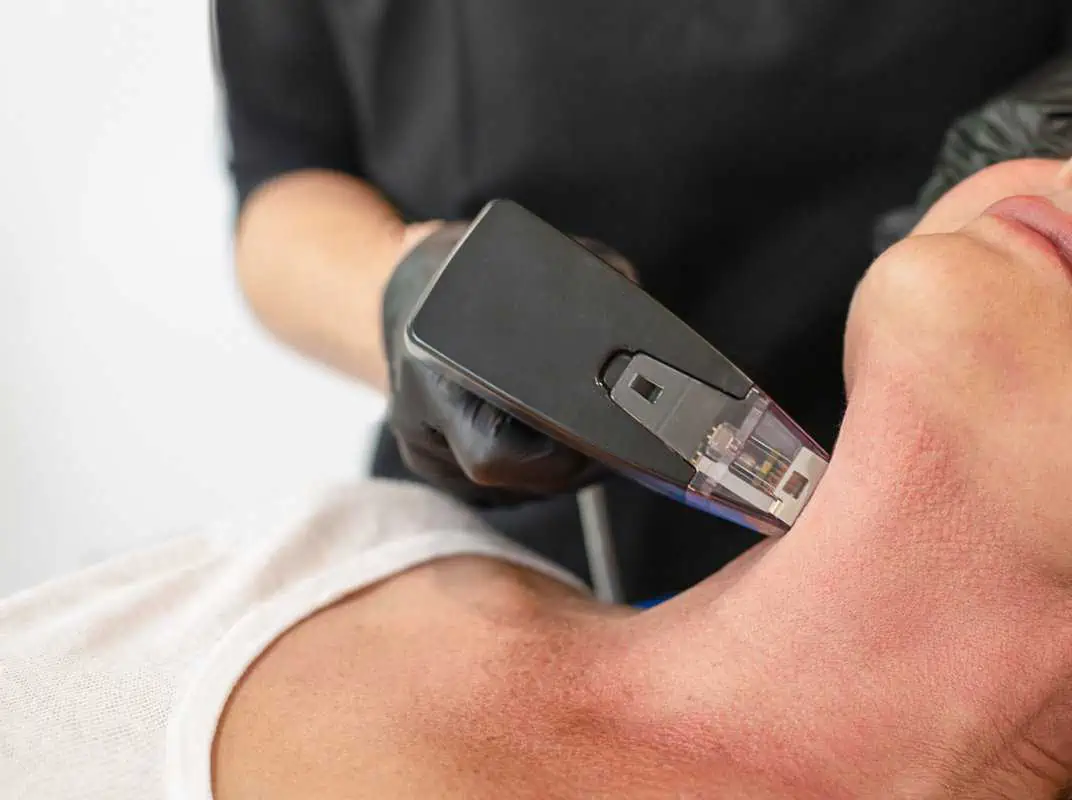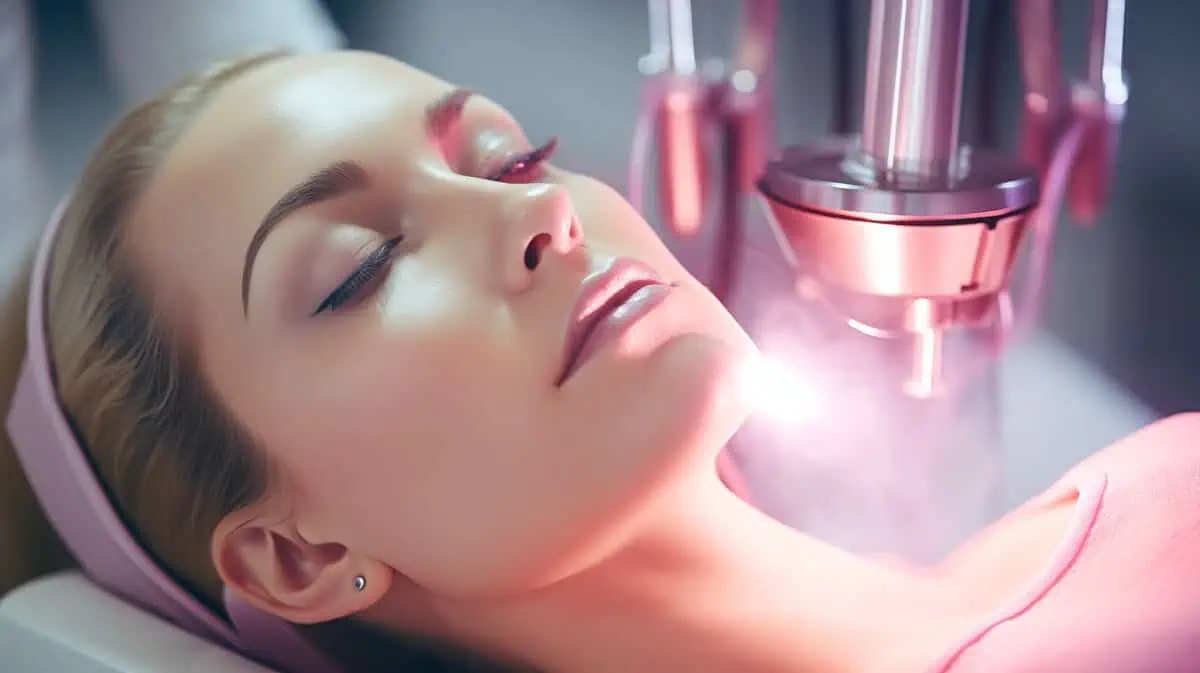While hormones imbalances are often associated with women, men experience hormonal imbalances, too. As with many male health issues, they’re just not talked about as much as the conditions associated with women and their hormones.
This lack of conversation around this topic leaves many men just accepting the changes in their bodies as just part of the aging process, when in reality, most symptoms of “aging” are actually caused by a hormone imbalance.
This is great news for men because hormone balances are easy to diagnose through a simple blood test and many treatment options to get you feeling like yourself again, such as hormone optimization and/ or bio hormone replacement therapy
What is a hormone imbalance?
A hormonal imbalance occurs when your body produces too much or too little of the important hormones in your bloodstream. Although an occasional irregularity is not harmful, a major imbalance can have severe consequences on your health.
There are actually 4 different types of male hormone imbalances:
- Andropause
- Adrenal fatigue
- Hypothyroidism
- Hyperthyroidism
There are 8 main types of hormones:
- Cortisol
- Estrogen
- Insulin
- Progesterone
- Prolactin
- Serotonin
- Testosterone
- Thyroid Hormones
Signs of hormonal imbalance in men
Male hormone imbalances are typically related to testosterone, growth hormone and cortisol.
Testosterone contributes to a man’s sex drive, fat distribution, bone density and even muscle mass. Human growth hormone is associated with proper metabolism, regulating body composition and muscle and bone growth. Cortisol can help the body regulate blood pressure, blood sugar levels, metabolism and inflammation.
Problems in the bedroom
Typically, one of the most tell-tale signs of a hormone imbalance in men are problems in the bedroom, including: loss of libido, erectile dysfunction and even low sperm count.
Hormones are well known for interfering with sexual performance, for men and women.
Low levels of testosterone or high levels of estrogen in men are often to blame for a loss of libido or sex drive as well as erectile dysfunction or the inability to have or maintain an erection.
Low sperm count may also be a sign of a male hormone imbalance, although it’s often almost impossible to diagnose with any certainty. The production of sperm is a complex process and requires normal functioning of the testicles (testes) as well as the hypothalamus and pituitary glands — organs in your brain that produce hormones that trigger sperm production.
Loss of Muscle/Weight Gain
Changes in body composition can also be a result of a hormonal imbalance. Testosterone is responsible for building and maintaining muscle mass. If testosterone levels drop, you may notice muscle atrophy (a loss of mass) or weight gain.
Other hormones are also associated with weight changes.
High levels of cortisol, your “fight-or-flight” hormone, can interfere with metabolism and suppress your body’s natural production of testosterone, leading to muscle loss.
Thyroid disorders like hypothyroidism (underactive thyroid) can also lower your metabolism and lead to weight gain.
Gynecomastia
Gynecomastia, or enlargement of the breast tissue, can be caused by a decrease in testosterone or an increase in estrogen (typically a hormone more often associated with women)
It may not be physically harmful, but gynecomastia can have an impact on self-esteem. It may also be a sign that a hormonal imbalance may be affecting other functions as well.
Mood changes
In addition to physical symptoms, another sign of hormonal imbalance is a change in mood. Low testosterone levels may lead to decreased motivation, mood swings, irritability, anxiety, and depression. Thyroid disorders can also lead to mood changes.
Memory Loss
Men can experience memory loss during the early stages of andropause, which is often referred to as the male menopause. (Testosterone production starts to naturally decrease around the onset of andropause.)
Studies show that men have a greater likelihood of developing cognitive impairments than women do. Men also generally experience such symptoms at an earlier age than their female counterparts.
Hair Loss
Hair loss can be caused by a fluctuating in testosterone, thyroid and cortisol levels in men. Or oftentimes, a combination of two or more of the three hormones.
Fluctuating levels of testosterone resulting from stress and poor diet can impact the body’s ability to regenerate hair follicles. The relationship between testosterone and hair loss is due to dihydrotestosterone (DHT), a derivative of testosterone. DHT can cause hair follicles to regress and die, resulting in premature balding.
High levels of cortisol, the stress hormone, can be directly related to hair loss, hence, all the dad jokes out there about daughters causing their hair to fall out!
Thyroid disease, a form of hormone imbalance, can also be a hair loss culprit.
Luckily, we have several treatment options for hair loss, including PRP Hair Restoration and SmartGraft.
Types of male hormone imbalances:
Andropause: Low testosterone levels can cause andropause, which is popularly known as ‘male menopause’.
Adrenal fatigue: Low levels of cortisol, your stress hormone, can cause adrenal fatigue. Often resulting from long exposures to stress.
Hypothyroidism: Underactive thyroid gland leading to low production of thyroid hormones, can cause hypothyroidism
Hyperthyroidism: An overactive thyroid gland can increase your metabolism and produce high levels of thyroid hormone. It can be surgically removed if necessary.
Hormone Imbalance Diagnosis and Treatment
Here’s where we give you the best news of all … hormone imbalances are easily diagnosed and treated. The hard part is identifying the potential symptoms that may lead you to suspecting an imbalance.
A simple blood test will test your levels of all 8 hormones and the results often provide insight (and relief) as to why you’re experiencing certain symptoms.
The most common ways hormone imbalances are treated is through a process called Bioidentical Hormone Replacement Therapy. You may also hear it referred to as simply Hormone Replacement Therapy or Hormone Optimization. No matter what it’s called, it’s the process of balancing out your hormone levels by using man-made hormones almost identical to the ones your body naturally produces.
There are multiple options for replacing those hormones in your body including injections, pellets, medication and creams.
If you’re experiencing many of these symptoms, don’t suffer in silence.
Schedule an appointment for a consultation and blood test and we can get you back on road to feeling like yourself again.
Hear from one of our male clients who benefited from Hormone Replacement Therapy at our clinic.
Related articles:
10 Signs of a Female Hormone Imbalance







